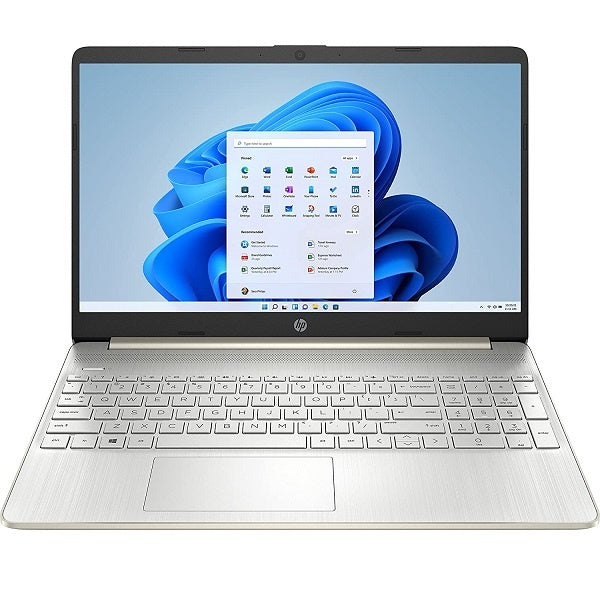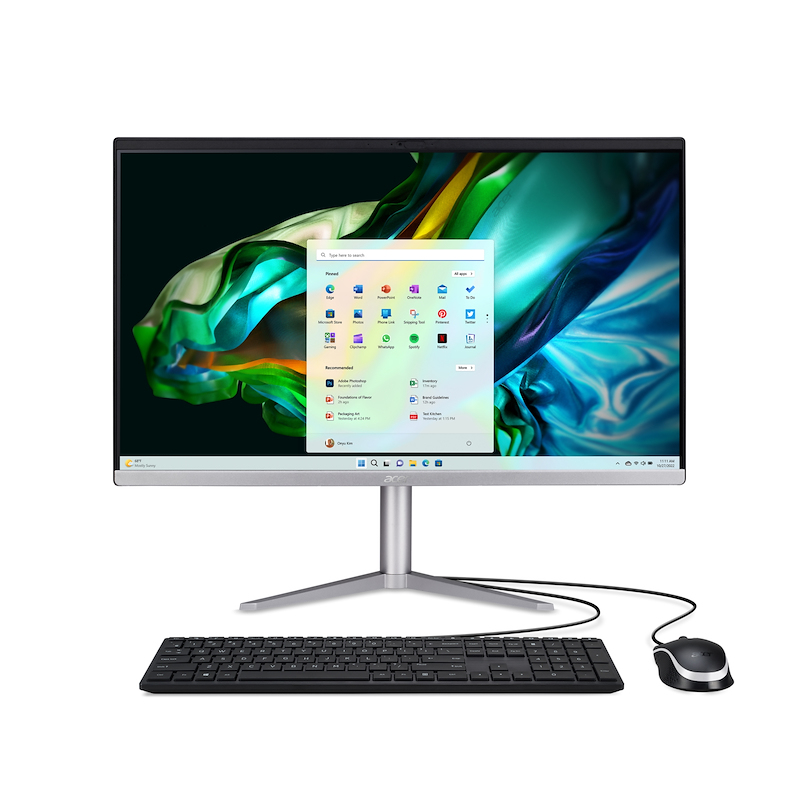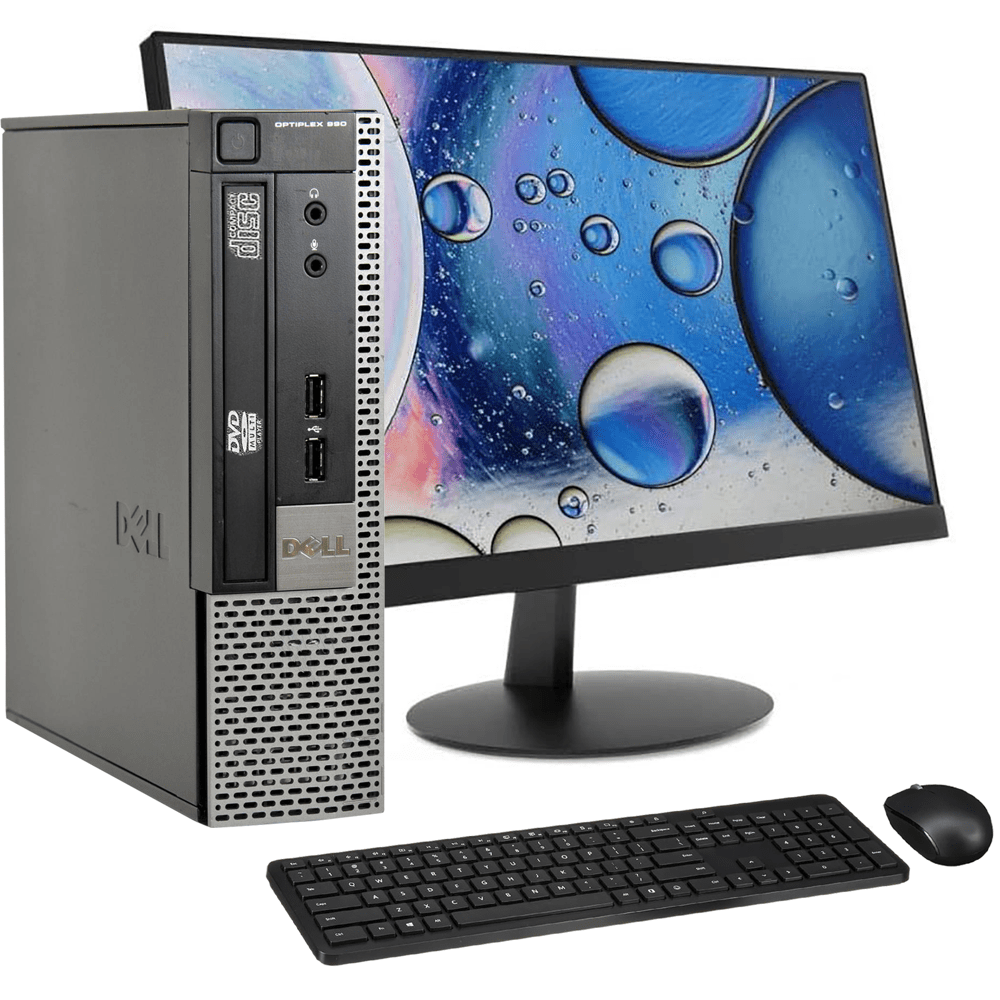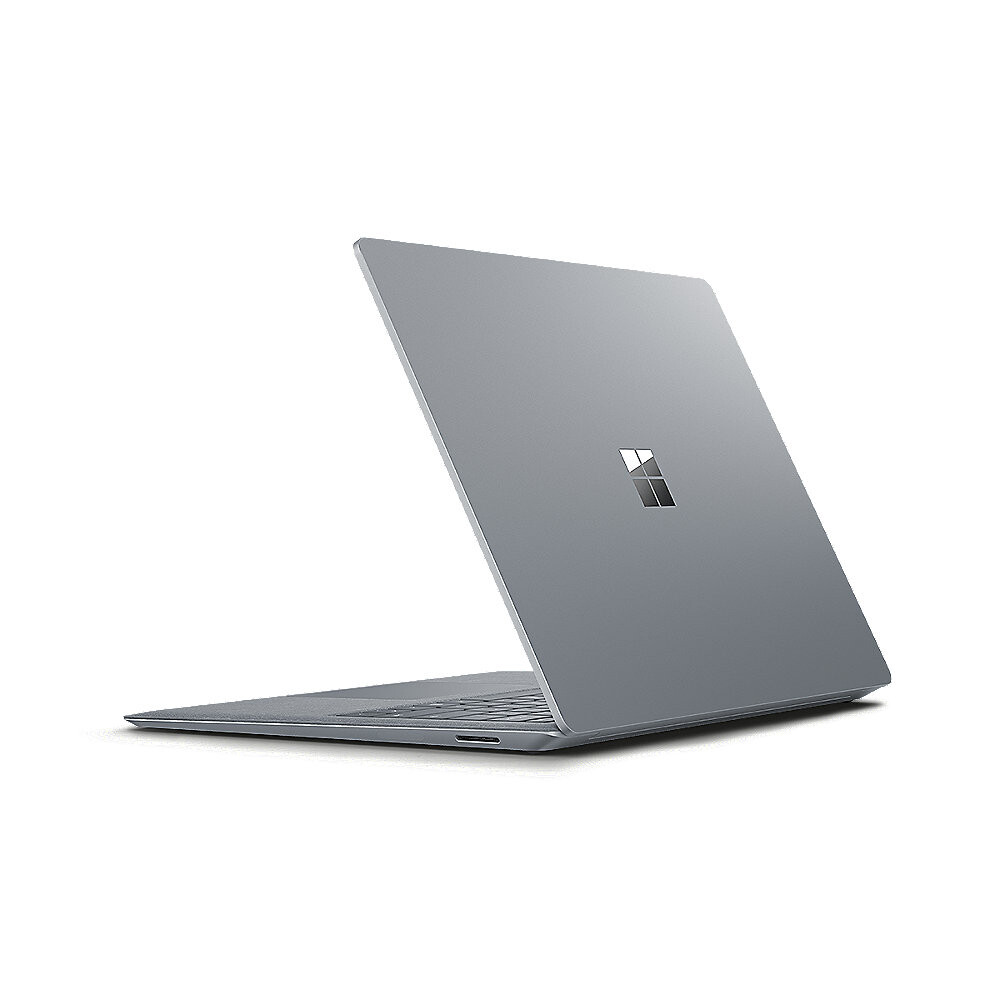Choosing laptop or desktop can be challenging. Each has its own advantages and limitations, making it important to understand your needs before making a decision. This guide will help you evaluate the key factors to consider when deciding which type of computer is right for you.
Understanding Mobility Needs
Portability
The most obvious difference between laptop or desktop is portability. Laptops are designed for mobility. They are lightweight, compact, and come with a built-in battery, making them easy to carry and use anywhere. If you travel frequently, attend classes, or work from different locations, a laptop is the practical choice. It allows you to stay productive on the go, without being tied to a single workspace.
Stationary Use
On the other hand, desktops are stationary. They offer a permanent setup, which can be beneficial if you have a dedicated workspace at home or the office. Desktops aren’t restricted by battery life, making them ideal for long, uninterrupted work sessions. If you mostly work in one location and don’t need to move your computer, a desktop might be the better option. The stability of a desktop environment can also lead to increased productivity.

Performance and Power
Processing Power
Desktops generally outperform laptops in terms of processing power. They can house more powerful CPUs and GPUs, making them suitable for tasks that require heavy computing like video editing, 3D rendering, and gaming. The better cooling systems in desktops also contribute to their ability to maintain high performance over prolonged periods. If your work involves resource-intensive applications, a desktop offers the robust performance you need.
Everyday Tasks
Laptops, while now quite powerful, typically have lower performance compared to desktops due to space and heat constraints. However, most modern laptops handle everyday tasks like browsing the web, streaming videos, and using productivity software with ease. For students, professionals who travel, and casual users, laptops provide adequate performance for the majority of tasks. They strike a balance between portability and power, meeting the needs of most users.
Customization and Upgradability
Upgrading Components
One of the significant advantages of desktops is the ease of customization and upgradability. You can easily replace or upgrade components such as the RAM, storage, GPU, and CPU. This flexibility allows you to keep your desktop up to date with the latest technologies without needing to buy a new system entirely. Enthusiasts and professionals who need specific hardware configurations often prefer desktops for this reason.
Limited Upgradability
Laptops, in contrast, have limited upgradability. Most components in a laptop are soldered onto the motherboard, making it difficult to replace or upgrade them. Some laptops allow for limited upgrades like adding more RAM or replacing the storage drive, but the options are generally far more restrictive than for desktops. If you prefer a long-term solution that adapts to advancing technology, a desktop might be the better choice.

Display and Ergonomics
Screen Size
Desktops offer the advantage of larger screen sizes, which can be beneficial for tasks requiring detailed work or multitasking. A larger monitor improves visibility and reduces eye strain, making it easier to work for extended periods. Dual-monitor setups are also common with desktops, providing even more screen real estate for increased productivity. If you need a large display, desktops are the way to go.
Ergonomics
Ergonomics is another critical factor. Desktops allow for a more ergonomic setup with a separate keyboard, mouse, and monitor. You can adjust these peripherals to your comfort, reducing the risk of strain and injury. Laptops, although convenient, often compromise ergonomics due to their integrated design. Extended use of a laptop without proper ergonomic setups, like an external keyboard and mouse, can lead to discomfort and strain.
Budget Considerations
Initial Cost
Laptops tend to have a higher initial cost compared to desktops with similar specifications. The convenience of portability and integrated components usually comes at a premium. However, laptops are often available in various price ranges, allowing for more flexible spending based on your specific needs and budget. If portability is crucial, the higher cost may be justified for the convenience it offers.
Long-Term Investment
Desktops, on the other hand, can be more economical in the long run. They typically offer better value for performance and are easier to upgrade, extending their lifespan. The initial investment might be lower, and the cost of upgrading components is often less than purchasing a new laptop. If you’re looking for a long-term investment that allows for upgrades and modifications, a desktop can provide better value over time.

Connectivity and Peripherals
Ports and Expansion
Desktops generally offer more ports and expansion options compared to laptops. This makes it easier to connect multiple peripherals like printers, external drives, and other accessories. Desktops often come with various types of ports, including USB, HDMI, and Ethernet, catering to diverse connectivity needs. If you rely on multiple devices and connections, a desktop provides the flexibility and options you need.
Wireless Connectivity
Laptops come with built-in wireless connectivity options, including Wi-Fi and Bluetooth, making them convenient for portable use. This feature is particularly useful for users who need to connect to networks or devices without cables. Some desktops come with these features too, but they might require additional adapters or cards. If you need seamless wireless connectivity, laptops offer a more integrated solution.
Special Considerations
Space Constraints
Space is a crucial consideration for many users. Laptops take up minimal space and can be stored easily when not in use, making them ideal for small apartments or shared spaces. Desktops, however, require a dedicated area with enough room for the tower, monitor, and peripherals. Assessing your available space will help determine which type of computer fits your environment best.
Specific Needs
Consider any specific needs that might influence your decision. For example, creatives working in graphic design, video editing, or music production often benefit from the superior power and customization options of desktops. Students and professionals who need a versatile machine they can use in various locations may find laptops more suitable. Understanding your unique requirements ensures you choose a machine that enhances your productivity and meets your lifestyle.
Conclusion
Future-Proofing Your Investment
Another important aspect to consider is future-proofing your investment. Technology evolves rapidly, and what works well today might not meet your needs a few years down the line. Desktops offer greater potential for future-proofing due to their modular nature, allowing you to upgrade components like the GPU, RAM, or storage as newer technology becomes available. This flexibility ensures that your system can adapt to changing software requirements and performance standards, providing a longer lifespan. Laptops, while less adaptable, can still offer some degree of future-proofing if you invest in a model with higher initial specifications and expandable options like additional RAM or storage slots. Considering future proofing when making your decision helps ensure your investment remains valuable and functional for years to come.
Assessing Your Priorities
Choosing laptop or desktop requires careful consideration of your priorities and needs. Evaluate factors like mobility, performance, upgradability, display, budget, and connectivity before making a decision. Each type has its pros and cons, and understanding these will help you make an informed choice.
Personalizing Your Choice
Ultimately, the best choice is the one that meets your specific requirements. Whether you value the flexibility of a laptop or the robust performance of a desktop, your decision should align with your personal and professional needs. By considering all the aspects outlined in this guide, you can confidently choose a laptop or desktop that enhances your productivity and overall experience. In addition, thinking about future-proofing your investment can save you time and money in the long run, ensuring that your chosen device continues to meet your needs as technology advances.
